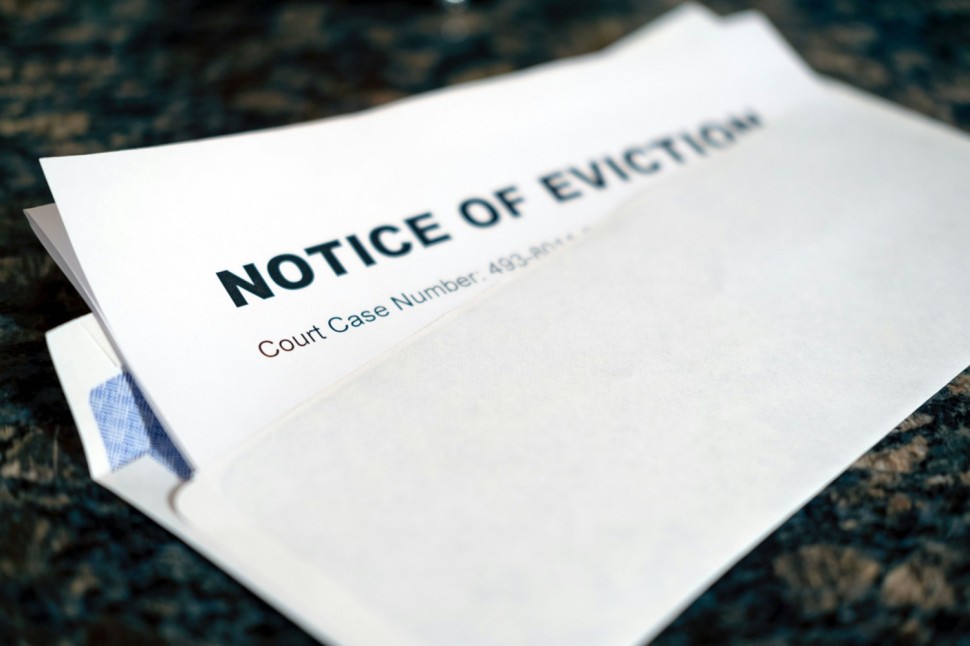Texas Rethinks Squatter and Eviction Laws Amid Rising Incidents
The swell of squatting cases across Texas has catalyzed a critical reevaluation of the state's property and eviction laws. With homeowners facing increasing difficulties in removing unauthorized occupants, the Texas Legislature has initiated a comprehensive review to redefine squatters' rights and streamline the eviction process.

Legislative Examination and Public Outcry
June 2024 marked a significant turning point as the Senate Committee on Local Government convened to delve into the complexities of the squatting dilemma. Chaired by Sen. Paul Bettencourt of Houston, the committee focused on securing the state against squatting challenges and revising the laws to aid in the immediate removal of unauthorized occupants. The panel also explored ways to fortify the rights of property owners, seeking a balance that safeguards legitimate housing needs without compromising on the urgency to address squatting.
This legislative scrutiny comes after alarming social media posts and news reports highlighting homeowner struggles. The narratives underscore the pressing need for legal reforms, from a homeowner forced to battle for seven months to reclaim her property to a couple who discovered an unauthorized contractor living in their home for three months.
The Debate on Squatting Scale and Legal Adequacy
Opinions diverge on the extent of the squatting problem. While some officials argue the issue's magnitude is "shocking," with no solid statistics to back claims, skeptics like Stuart Campbell from the Dallas Eviction Advocacy Center consider squatting a minor, albeit sensationalized, problem. However, the increasing visibility of squatting incidents has undeniably sparked public concern and legislative action.
In particular, the legal framework in Texas currently obliges homeowners to embark on a lengthy and costly eviction process to dislodge squatters, despite cases where the presence of squatters is due to apparent trespassing rather than a tenancy dispute. The distinction between squatters and tenants, particularly in situations involving adverse possession claims or lack of rental agreements, presents a complex legal challenge.
ALSO READ: Squatter Claims $600K Georgia Home After Owner's Death, Family Fights to Reclaim Property
Legal Insights and Proposed Solutions
Experts like attorney Brian Cweren and Rusty Adams, a research attorney at the Real Estate Center at Texas A&M University, point to the inefficiencies and burdens placed on property owners under the current laws. Cweren highlighted that cases with clear evidence of trespassing should not require a civil eviction process. Adams echoed this sentiment, suggesting that the laws are ill-equipped to effectively handle cases of pure trespassing, thereby necessitating legal reform.
The committee's discussion ventured into potential legislative models demonstrated by other states. For instance, a groundbreaking law passed in Florida permits law enforcement to remove squatters, setting a precedent that Texas might consider. This act by Florida Governor Ron DeSantis underscores a proactive stance against squatting, contrasting with the more tenant-protective procedures in Texas.
Moving Towards a Legislative Solution
The path forward for Texas lies in crafting laws that address the current challenges without infringing on the rights of legitimate tenants. Recent legislative sessions and public hearings signal a growing commitment to revising the eviction process, aiming to differentiate clearly between tenant disputes and squatting offenses.
Although the outcome of these legislative efforts remains uncertain, the urgency for change is palpable among Texas homeowners and lawmakers alike. Texas aims to establish a legal framework that mitigates squatting issues while upholding fair eviction practices by studying successful models from other states and incorporating feedback from affected parties.
As Texas grapples with the implications of squatting on property rights and housing laws, the legislative journey underscores a pivotal moment in the state's effort to protect its citizens from unauthorized occupancy woes. The dialogue between homeowners, legal experts, and lawmakers forms the backbone of a strategy poised to transform the landscape of property and eviction laws in Texas.




